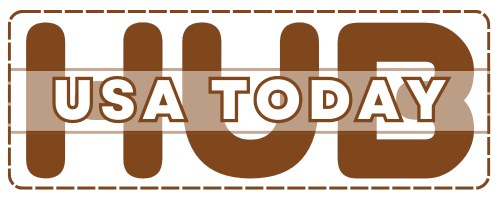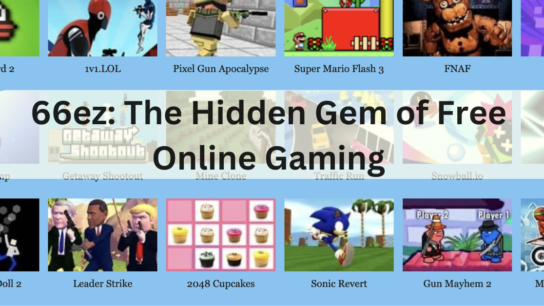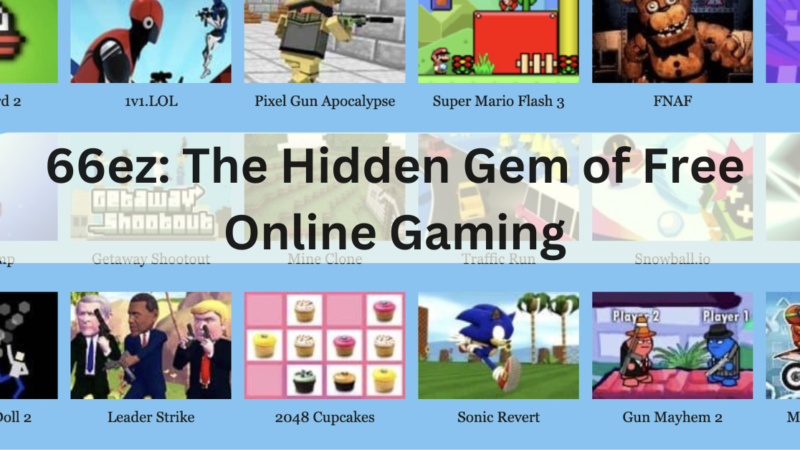If you’ve been swept up in the Wordle craze, you’re not alone. This daily word puzzle has taken the internet by storm, challenging players to guess a five-letter word in six tries or less. While it sounds simple, Wordle can be deceptively tricky, especially when you’re staring at a blank grid with no idea where to start. But don’t worry—this guide is packed with effective Wordle hints to help you solve puzzles faster and enhance your Wordle hints experience.
Start with a Strong First Word
Your first guess in Wordle sets the tone for the entire puzzle. A good starting word should contain common vowels and consonants to give you the most information right off the bat. Words like “raise,” “crane,” or “slate” are excellent choices because they include frequently used letters like A, E, R, and S.
Starting with a word that has a mix of vowels and consonants increases your chances of uncovering correct letters. Once you’ve entered your first word, pay close attention to the color-coded feedback: green means the letter is in the correct position, yellow means it’s in the word but in the wrong position, and gray means it’s not in the word at all. This feedback is vital to the next steps.
Pay Attention to Common Letter Patterns
English words often follow certain patterns, which can be incredibly helpful when you’re trying to figure out the Wordle solution. For example, if you know a word contains a “T” and ends in “E,” it’s worth considering combinations like “-ATE,” “-ITE,” or “-OTE.” These patterns are common in many five-letter words.
Another pattern to consider is the placement of vowels. In many English words, vowels often appear in the second and fourth positions. So, if your first guess gave you a yellow “A” and a green “E” at the end, you might try words like “crate” or “blame” to see if you can narrow it down further.
Use Process of Elimination
Wordle hints is as much about eliminating possibilities as it is about finding the correct word. If your first guess ruled out several letters, use that information to guide your next guess. For example, if you guessed “crane” and the “C,” “R,” and “N” were gray, you know that none of those letters are in the word. Your next guess should avoid using those letters entirely.
This process of elimination helps you zero in on the correct word more quickly. Don’t be afraid to make a guess that you know might not be right, simply to rule out more letters. Every guess gives you valuable information that brings you closer to the solution.
Think About Word Length and Syllables
Understanding word structure can give you a significant edge in Wordle hints . Five-letter words typically consist of one or two syllables, and they often follow predictable patterns in English. For instance, many words follow a consonant-vowel-consonant pattern, like “brisk” or “plant.”
If you have a word with some letters identified, consider what syllable structure might fit with the letters you have. For example, if you know the word starts with “S” and ends with “T,” think about what one- or two-syllable words might fit into that structure.
Be Strategic with Second Guesses
Your second guess in Wordle hints is just as important as your first. After your initial guess, you should have some idea of which letters are in the word and which ones are not. Use this information to make a strategic second guess that covers as many new letters as possible while also testing potential positions for known letters.
For example, if your first word revealed that “A” and “R” are in the word but not in the right positions, a good second guess might be “largo.” This word places “A” and “R” in different positions and introduces new letters like “L,” “G,” and “O.”
Don’t Overthink It
One of the biggest pitfalls in Wordle is overthinking your guesses. Sometimes, the solution is simpler than you expect. If you’re stuck, take a step back and think about common, everyday words that might fit the pattern you’ve uncovered. The more you play, the more you’ll realize that Wordle hints often favors straightforward words over obscure or complex ones.
If you find yourself getting frustrated, it can help to take a short break and return to the puzzle with fresh eyes. Often, the solution will become more apparent after a brief mental reset.
Experiment with Different Starting Words
While having a go-to starting word can be helpful, don’t be afraid to mix it up if you’re finding that your usual word isn’t giving you good results. Sometimes, switching to a different starting word can reveal new patterns or possibilities that you hadn’t considered before.
For example, if you usually start with “slate” but find yourself stuck, try a word like “brick” or “pound” to introduce different letters and test new possibilities. Over time, you might discover a new favorite starting word that works better for you.
Use the Feedback Wisely
The color-coded feedback in Wordle is your best friend. Use it to guide your guesses and help you zero in on the correct word. If a letter turns yellow, experiment with different positions in your next guess. If a letter is green, lock it in place and build around it.
Remember that yellow letters can be tricky—they’re in the word but not where you initially placed them. Think about other positions they might fit, especially in combination with the other letters you’ve already identified.
Watch Out for Double Letters
One of the trickiest aspects of Wordle is when the solution contains double letters, like “bunny” or “apple.” It’s easy to overlook the possibility of a double letter, especially if you’ve already used that letter once and ruled out its position.
If you’re down to your last few guesses and still can’t figure out the word, consider whether a double letter might be the missing piece. For example, if you’ve guessed “stare” and it only revealed that “A” and “R” are correct, the solution might be something like “array.”
Practice Makes Perfect
Like any puzzle or game, the more you play Wordle, the better you’ll get at it. As you gain experience, you’ll start to recognize common patterns, word structures, and letter combinations that frequently appear in the game. Over time, this will make it easier for you to solve puzzles faster and with fewer guesses.
Consider playing multiple Wordles each day, or even trying out similar word games to hone your skills. The more exposure you have to different word patterns, the more adept you’ll become at spotting the correct word quickly.
Stay Calm Under Pressure
When you’re down to your last guess or two, it’s easy to panic and make a hasty decision. However, staying calm and thinking through your options carefully can make all the difference. Remember that each guess gives you valuable information, and even if you’re not confident in your guess, it’s important to make it count.
If you’re feeling stuck, take a deep breath and review the information you’ve gathered so far. Consider all possible letter combinations and patterns that might fit the feedback you’ve received. Often, the solution is right in front of you—you just need to stay focused to see it.
Explore Online Resources
If you’re truly stumped or want to improve your Wordle strategy, there are plenty of online resources and communities that can offer additional Wordle hints and tips. Websites dedicated to word games often have forums where players share strategies, discuss common pitfalls, and offer advice for tackling particularly difficult puzzles.
These communities can be a great source of inspiration and support, especially if you’re looking to refine your Wordle skills and solve puzzles even faster.
Enjoy the Challenge
In the end, Wordle is a fun game intended to be played and played. While it can be frustrating at times, the satisfaction of solving a puzzle—especially a difficult one—is well worth the effort. Embrace the challenge, enjoy the process, and don’t be too hard on yourself if you don’t get the word right every time.
Each Wordle puzzle is a new opportunity to learn and improve. With the Wordle hints and strategies outlined in this guide, you’ll be well-equipped to tackle even the trickiest of puzzles and become a Wordle master in no time.
Final Thoughts
Solving Wordle puzzles faster isn’t just about luck—it’s about strategy, observation, and practice. By using these Wordle hints, you can enhance your puzzle-solving skills, increase your winning streaks, and most importantly, have more fun with the game. Whether you’re a Wordle newbie or a seasoned pro, there’s always something new to learn and explore in this addictive word puzzle. Happy Wordling!






